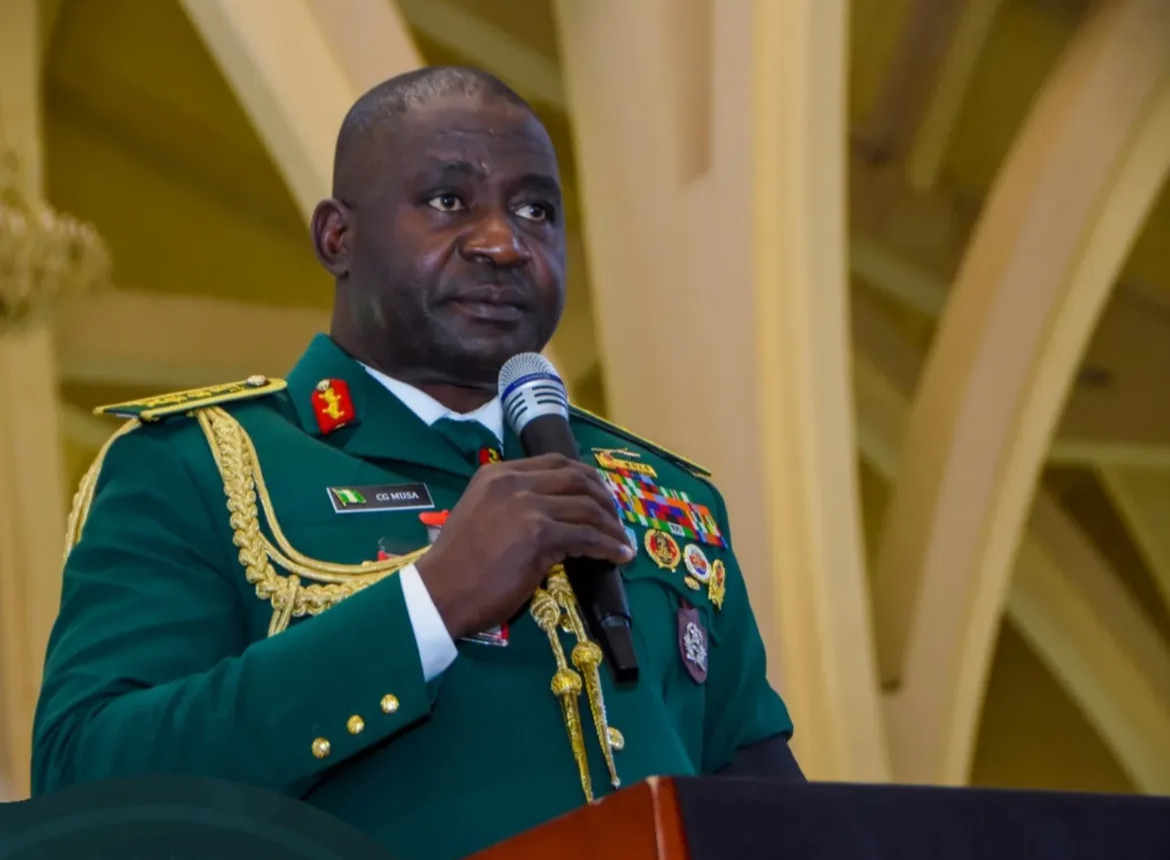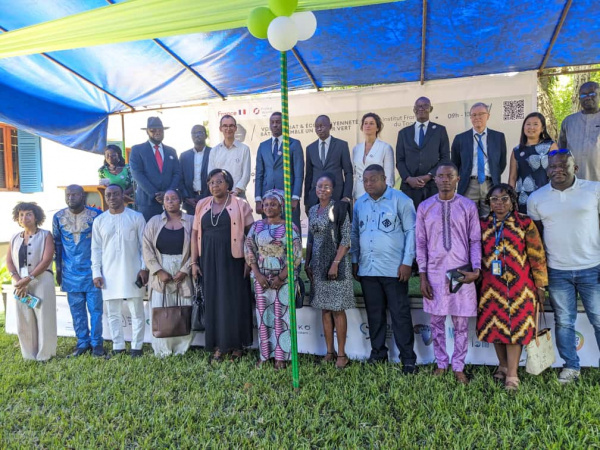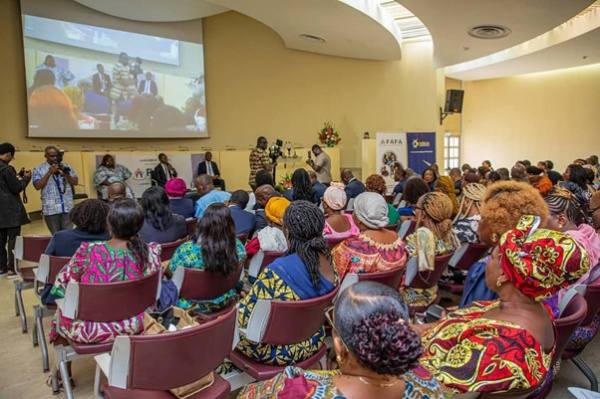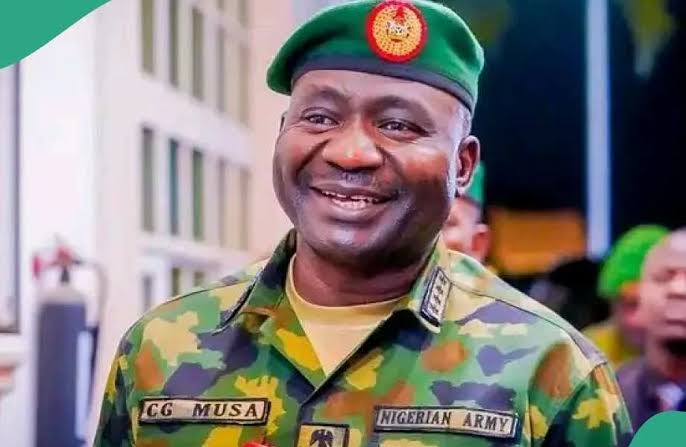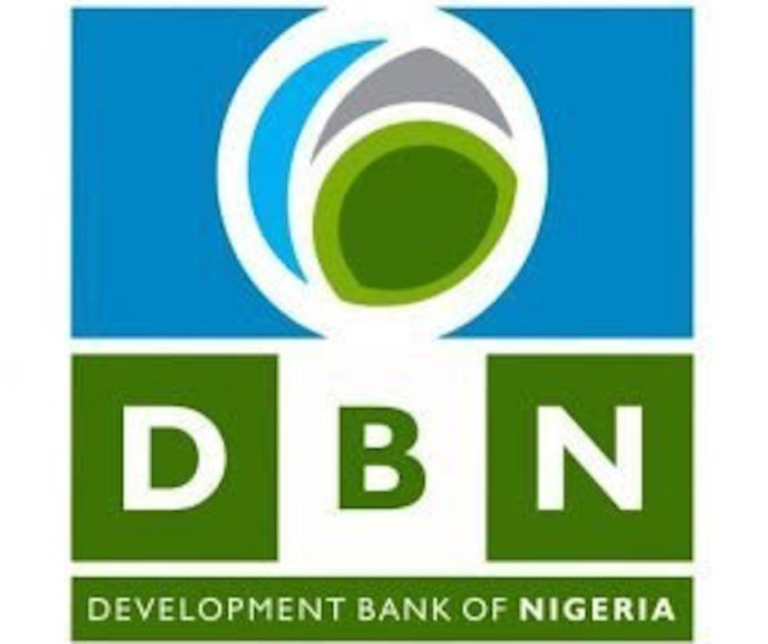As the countdown to 25 August 2025 gains momentum, preparations are intensifying for a critical event in Africa’s security calendar. On this day, the continent’s Chiefs of Defence Staff will converge in Nigeria’s capital, Abuja, to address the urgent need for stronger collective defence strategies. With only weeks remaining, the summit stands as a pivotal opportunity to reshape Africa’s regional security landscape.
Military leaders from across Africa will gather not just to talk, but to act. They will focus on creating actionable solutions for the mounting threats that have spread across borders. These include terrorism, cyber warfare, piracy, transnational crimes, and evolving forms of insurgency. No single country can manage these alone. Cooperation is not just necessary—it is urgent.
The summit comes at a time when insecurity continues to hinder development in several parts of the continent. Recent years have seen a rise in cross-border violence, digital threats, and armed non-state actors. These dangers have overwhelmed isolated efforts and exposed the weaknesses of disjointed national responses. Now, there is a growing consensus among defence leaders: only united action can create lasting peace.
Nigeria’s hosting of the summit demonstrates its leadership role in regional defence matters. Abuja, often seen as West Africa’s diplomatic centre, will offer a neutral ground for frank and forward-looking conversations. President Bola Tinubu’s administration, which has made national security a key pillar of governance, is providing full institutional support for the event. Nigeria’s Chief of Defence Staff, General Christopher Musa, will lead the country’s delegation.
In previous gatherings, defence chiefs have agreed in principle on joint operations, intelligence sharing, and coordinated border management. However, this summit is expected to push those ideas further—into implementation. The goal is to transform promises into programmes, and dialogue into discipline. Every participating country will bring its experience, concerns, and capacity to the table.
Defence experts and regional analysts believe this summit could mark a turning point. Many are optimistic that it will produce a framework for ongoing military collaboration under the African Union and regional blocs like ECOWAS and SADC. These efforts would aim to pool resources, align training doctrines, and set up rapid response teams for emergency interventions.
Preparatory meetings are already underway, and military planners are fine-tuning the agenda. Aside from plenary sessions, closed-door strategy rooms will allow chiefs to share sensitive intelligence and outline specific security gaps. There will also be a focus on newer dimensions of warfare—such as cyberattacks and disinformation—that have weakened traditional military responses.
As the date draws nearer, public attention is rising. African citizens, particularly in conflict-affected zones, are watching with hope. They expect results, not rhetoric. They seek safety, not speeches. This summit must deliver a real plan that reaches beyond government offices and touches villages, towns, and borders where insecurity is felt most.
The countdown has started. The stakes are high. Africa’s military leaders must rise to the occasion and build the future together—one defined not by crisis, but by cooperation. On 25 August, the continent’s top defence minds will meet. The mission is clear. The time is now.

